This Forum will close on Wednesday 27 March, 2024. Please refer to the announcement on the Discussions page for further detail.
Advice for new gardener
 daffodill1
Posts: 1
daffodill1
Posts: 1
Hi all,
This summer I’m planning to start gardening. I’ve never gardened before so am in need of some tips.
I’m planning to start with a strip running down the lawn (about 2.5m by 15m). At the moment it’s very overgrown with weeds and nettles etc as it hasn’t been touched in a long time.
I’d like to get rid of all the weeds and instead brighten up the area with flowers and other plants. There are many rabbits around the garden and getting rid of them isn’t an option.
I would greatly appreciate any advice about:
-getting rid of all the weeds
-planting new plants and flowers
-which flowers/plants I should choose -any methods for dealing with rabbits
Also I would really appreciate any recommendations of resources for beginner gardeners. ![]()
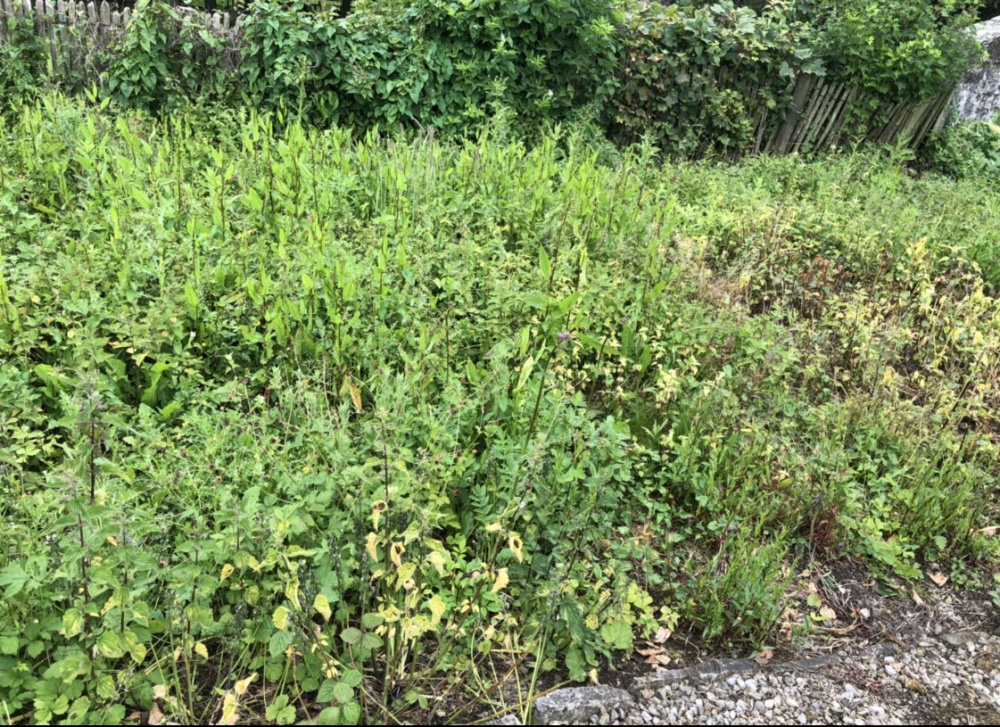
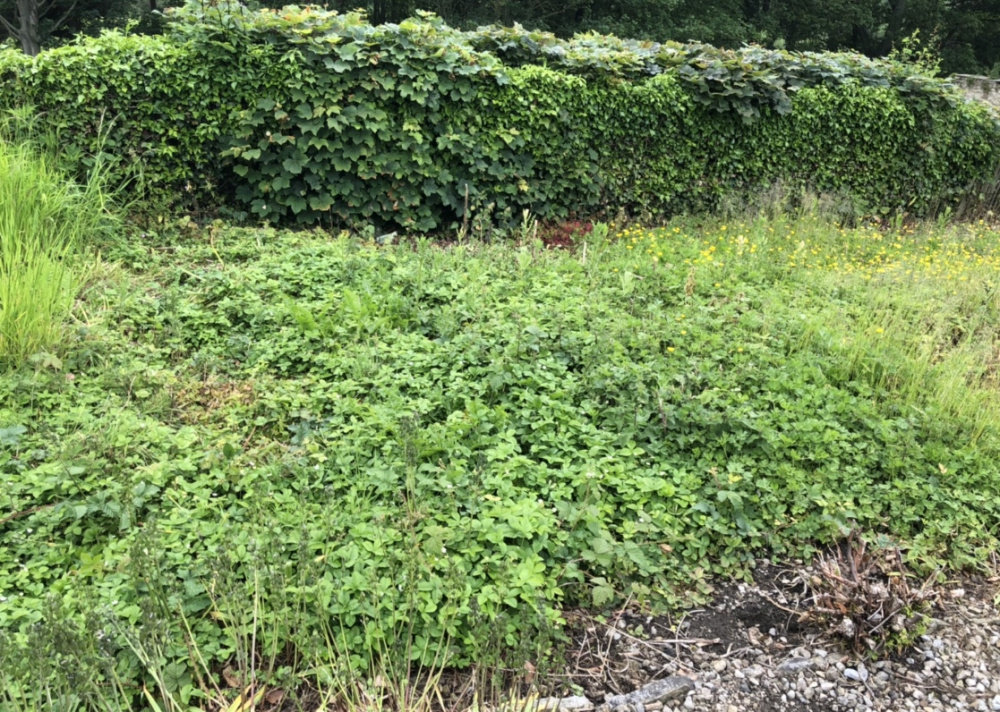
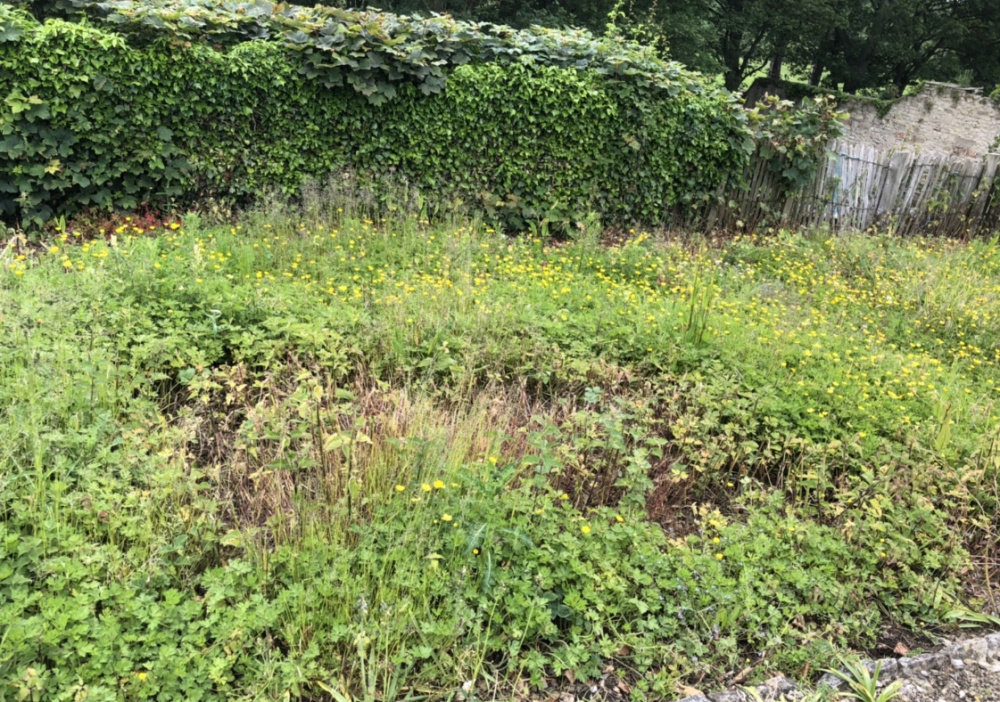
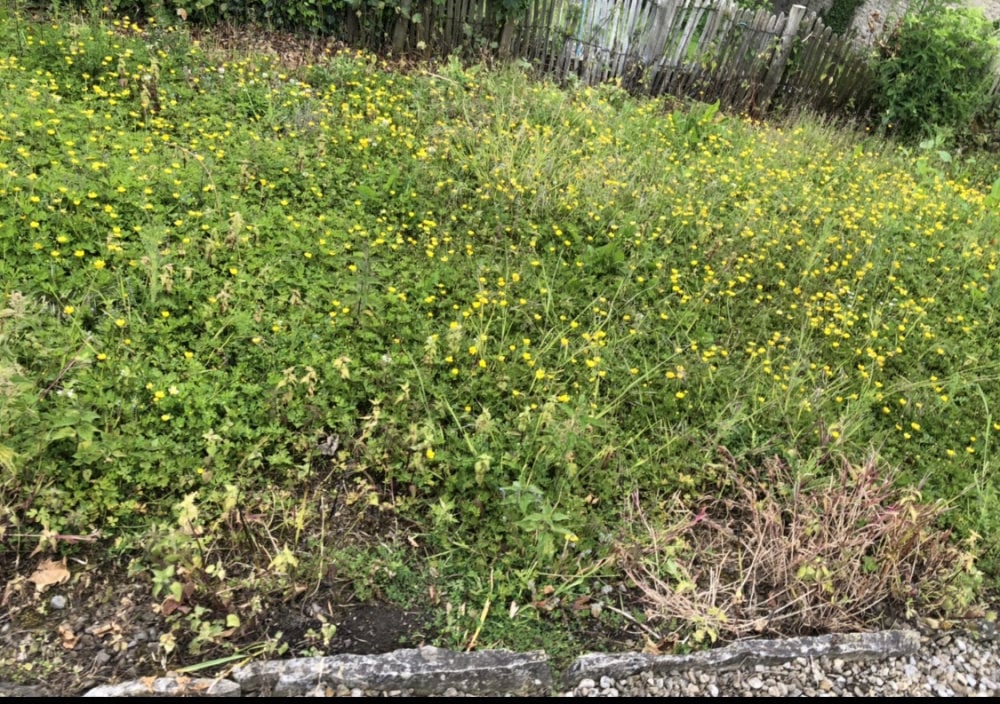
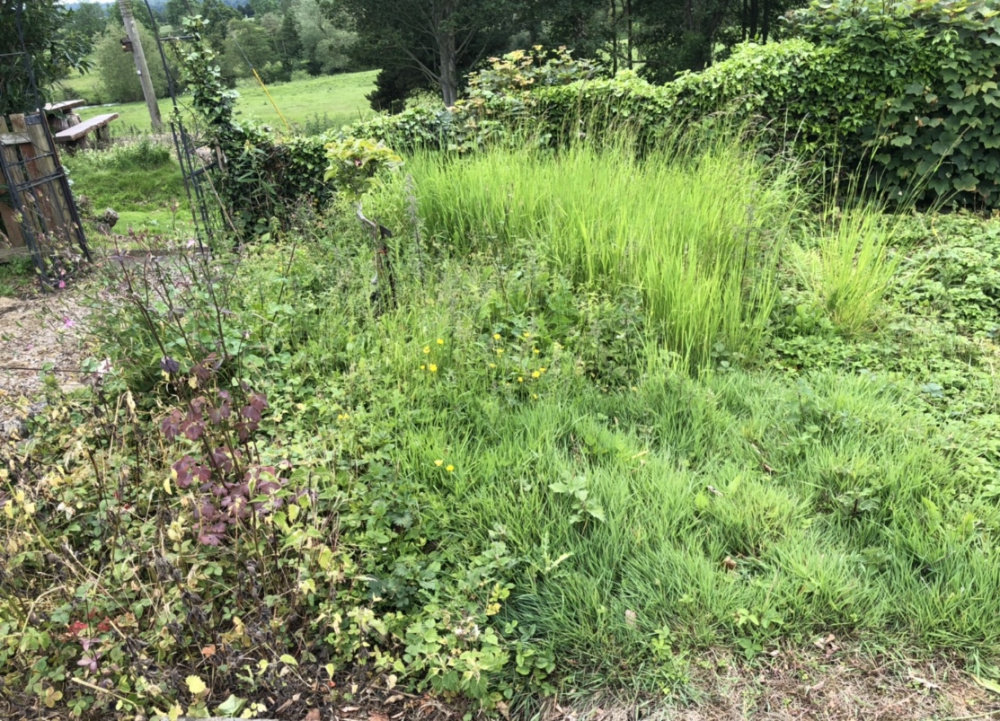
0
Posts
You need to check your compass orientation if you don't already know, because that will determine how much sunlight your plot gets. It's also helpful at the planning stage to know the direction of the prevailing wind. Next thing is to know your soil type. Sandy soil has large particles and drains freely, which is a mixed blessing because in a drought you need to do a lot of watering. Clay soil is the opposite, tiny particles which hold water, sometimes too well, and in summer can get baked hard. The ideal of course is in between. Take a handful of soil after it's rained and see if you can roll it into a ball or a sausage which holds together. If you can, it's clay. Another useful thing to know is the acidity or alkalinity of your soil because some plants are very picky about it. Azaleas, for example, need acid soil. You can buy a testing kit for about £10 in any garden centre, but if you have gardening neighbours, they can probably tell you all these things.
Raised beds are best for vegetables, if you can afford the time and money to build them, and they will help defeat the rabbits. Especially if you can contrive some sort of barrier around the top which you can move when the plants need tending. If you can build four raised beds, you can rotate your crops.
I suggest you hunt around charity shops for books on gardening, anything by Alan Titchmarsh, Monty Don or Geoff Hamilton will give sound information and advice, and Bob Flowerdew if you're really want to be organic. Or try the public library. The more recent the books the better, because research has prompted a lot of changes in gardening practice in the 40 years I've been gardening.
Clean out cup, and add a few teaspoons from unused soil. Add a little bit of water to the rest of the soil and tip in a handful of baking powder. If it fizzes or bubbles now then your soil is acidic.
If nothing happens on either test then your soil is neutral.
And please don’t rotovate until you are sure that you don’t have weeds that spread by bits of root. You could make the problem much, much worse.
Rabbits tend not to eat herbs, prickly plants like holly or juniper, and things like euphorbias. They also don’t seem to touch dahlias....but that might just be an temporary oversight on their part.
Hi,
It looks like you have a lot of weeds to remove before you can start planting just yet.
It may seem quite a lot to plan so maybe try and manage it in sections and work your way around. Do not rotovate as you will make your problems worse and it will not clear the weeds.
Early autumn is a great time to plant shrubs as the ground is still warm but not too hot so they can become established over winter without any stress of drought.
It is also the time to plant bulbs so you can at least plan ahead to next spring.
If you clear a bed or two you can add a wigwam for instant height and plant some sweet peas so you will have colour, fragrance and be bee friendly in your first summer. Scatter poppy seeds in September for colour next June. Look at what is in flower now and plan ahead for next year.
Check any over hanging trees that may block out light but you have a lovely wall that will act as a wind break and you can allow plants to scramble over.
Don't try and do it all in one go, it will naturally take a few years and there will be failures but that is how we all learn.
Just make sure you have the right plant for the right place. Check your soil, light levels and moisture and that will be a good start
During the summer make a point of closely inspecting any friends/relatives gardens and earmark plants that you like and which you can then buy or get a division of them from them in the autumn. Read up on plants, go to nurseries, stately homes etc to see as many plants as possible. (and save up!). The RHS site has a list of plants that are rabbit-proof so use that as your guide.
Come the autumn buy your plants and plant at will!!